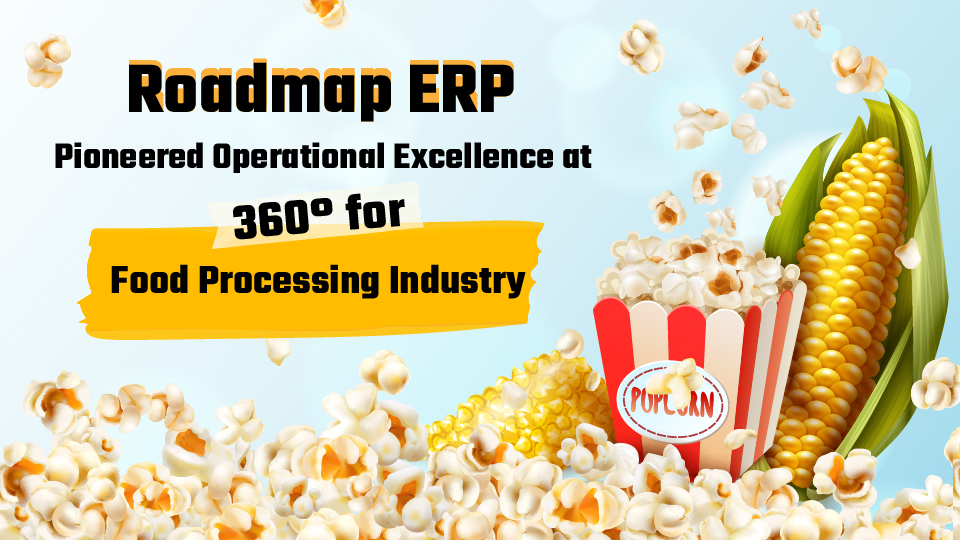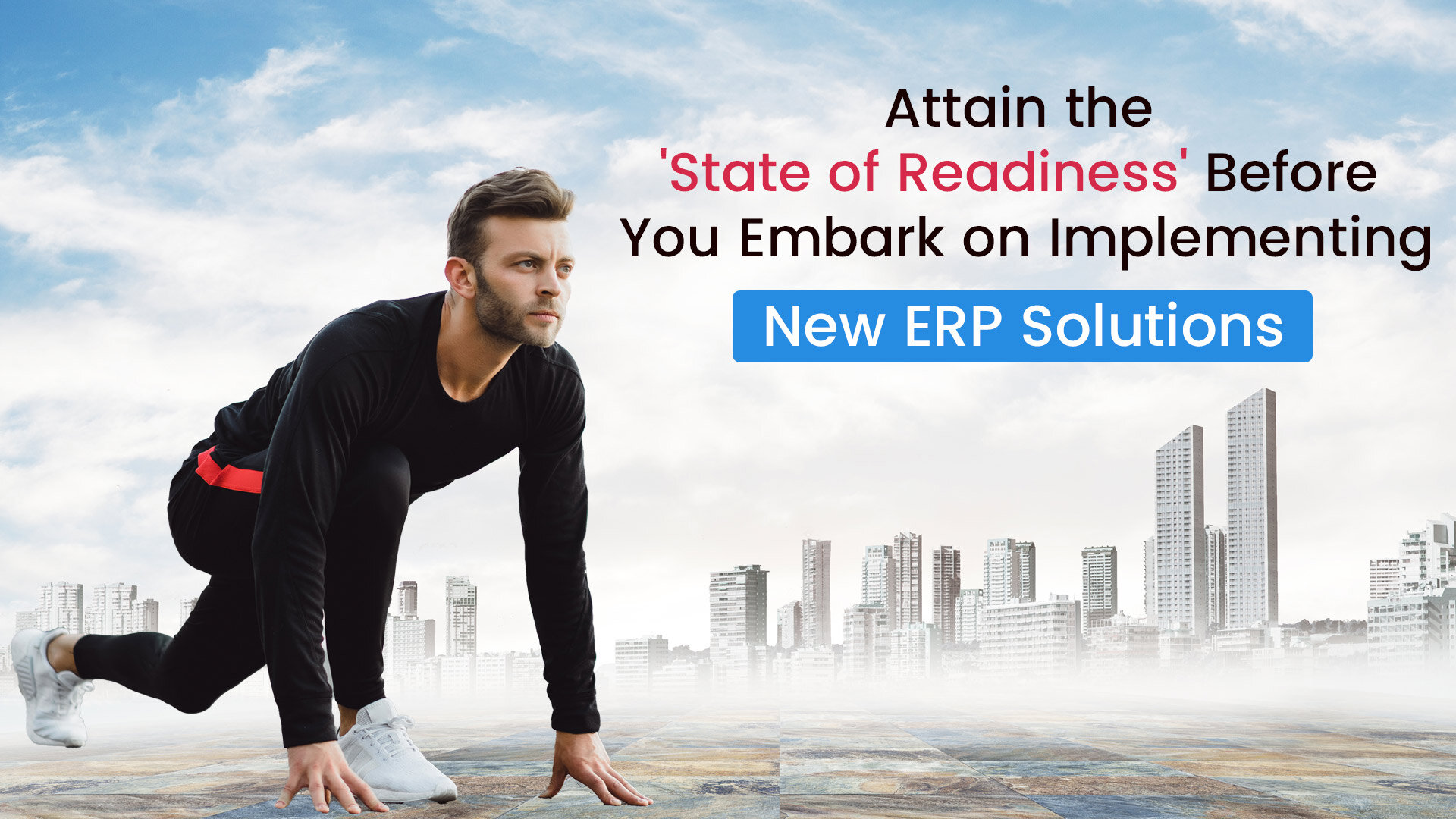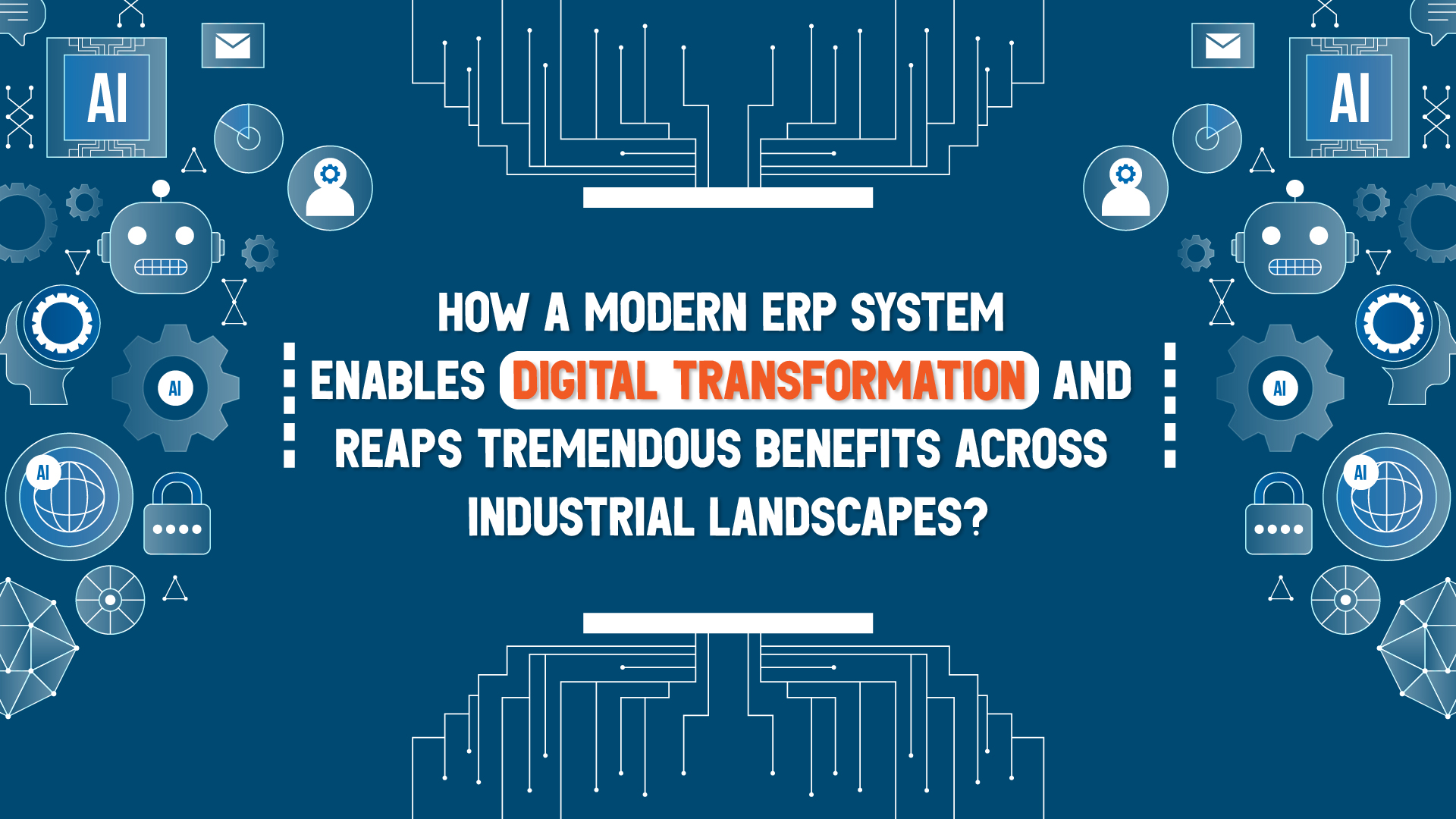
- Julius Rassou
- 14-Dec-2017 02:42:27
Addressing the Key Factors for ERP Implementation Success
A Company; sickened by the use of siloed or legacy systems; by making the decision to implement a technologically loaded, modern, full-suite ERP; breathes new life into its business presence. A well-designed, properly setup and correctly implemented ERP solution can take that breath a long way by providing tremendous benefits to the company irrespective of its size or scope.But, what could be that correct way to implement an ERP solution? It lies in identifying the key factors of the business and the implementation challenges that would have to be addressed appropriately and effectively for successfully aligning the ERP with the business processes, and ensure the smooth functioning of the processes going forward.
The principal factor that appeals the most in the ERP implementation scenario is the very business process itself. Digitizing a flawed business process will only help the process to execute flawed actions in a quicker fashion. Hence it would only be apt to identify the flaw and rectify it before applying the digital sophistication of ERP to it. That is the reason why Roadmap ERP solution rightly begins its implementation methodology with the Business process study (AS-IS study) to gather process requirements, and aptly follows it with a Gap Fit Analysis to study, detect and fix the missing links to put the processes to order.
Once a business decides to implement an ERP system and selects an ERP provider like Roadmap ERP, the ensuing aspect that requires an apt decision is to choose the type of implementation that would best fit the company’s workflow, unique needs, geographical presence, and financial standings. The popular modes of implementation are On-Premise implementation and On-Cloud implementation. If the budget is small and there is not a great need for customization, On-Cloud implementation serves and saves better; but, if there is a provision of a bigger budget with the need for customization being crucial, On-Premise ERP is always the best.
Tackling the employee resistance to the implementation is the next challenge. A phased rollout starting with the tech-savvy departments is a best practice to overcome this barrier. Once the tech-savvy staff members become aware of the functional aspects of the ERP, they can introduce the technology to the others in the way they can understand. Voluntary acceptance of the transition can be enticed by appropriating a sizeable portion of the investment on ERP to enhance user-experience through interactive & dedicated training right from the beginning of the Project and through the course of the Project.
Rekindling the ‘Startup Mentality’ quashes all hierarchical differences and motivates employees to feel one with the Mission & Vision of the company and participate in the digital transformation as business stakeholders rather than just employees. Above all, choosing an ERP partner like Roadmap ERP, which addresses all requirements one-on-one; answers all questions; involves end users in testing to identify and rectify gaps; and works in tandem with the company’s workflow shall prove ultimate in taking on employee resistance.
‘Train the Trainer’ concept ensures the imparting of process-specific in-depth training to the technically sound staff (core team) of the business and rules-out vendor-dependency after implementation. With at least one staff in each department with absolute knowledge of the ERP’s functional quotients; handling system updates, intra-departmental & inter-departmental networking, and knowledge sharing/transfer never becomes a hassle.
Roadmap’s Data Migration & Changeover Management procedure is a crucial factor that sets the ball rolling. The process aligns the best of the old with the aptly designed new digital infrastructure without losing any vital data. Subsequently a complete business cycle is performed until the generation of Balance Sheet and P&L statement, which are approved by the business stakeholders. Only then the ERP is deemed to Go Live.
All said and done, post-implementation support given by the ERP provider proves ultimate to the success of any ERP implementation. One great example for this is the Roadmap ERP solution provider’s impeccable post-implementation support, which is delivered on-site and from state-of-the-art off-site facilities by technically certified and highly trained IT professionals with hands-on industry-specific experience.



.jpg)
